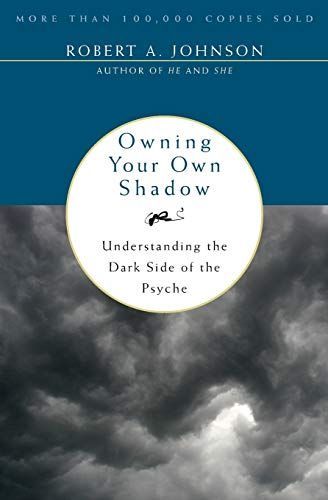
Reviews
Laura Mei@thelibrariansnook
Duality Diva@dualitydiva
THOU art I@iamthou
Meryn Kae Addison@merynkae
kayk@hel
Capucine Fachot@capucine
James Schwabacher@jschwabacher
Elsa Saks@elsa
Highlights
Laura Mei@thelibrariansnook
Page 90
Laura Mei@thelibrariansnook
Page 86
Laura Mei@thelibrariansnook
Page 75
Laura Mei@thelibrariansnook
Page 63
Laura Mei@thelibrariansnook
Page 31
Laura Mei@thelibrariansnook
Page 17